Rick has quickly become one of my favorite mediators. He is always extremely well prepared for a mediation, having carefully reviewed the submitted materials and taken ample time to speak with me in advance. Rick is equally impressive during the mediation itself. His thoughtful, measured approach to the parties and counsel is highly effective. His energy and enthusiasm keep everyone engaged, even over the course of a long day. Rick is particularly adept at building rapport with participants of diverse personalities, and he seems to effortlessly range from compassionate to direct, as the issues require.
Kevin J. Karpin, Seyferth Blumenthal & Harris, LLC
Partner






